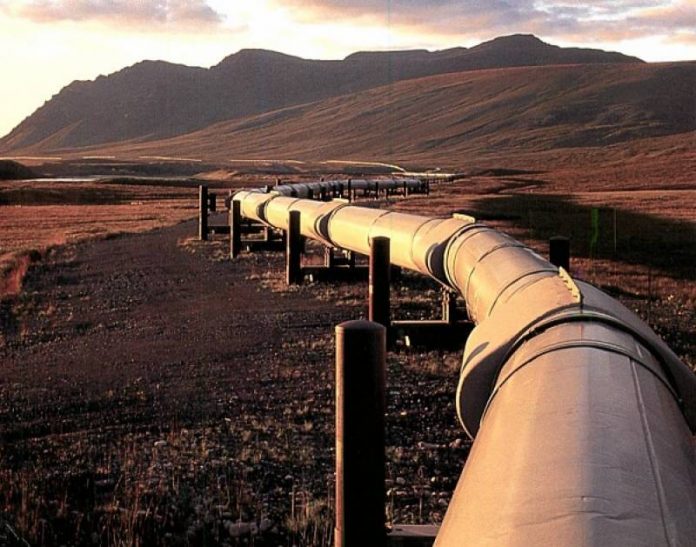ISLAMABAD: Pakistan is in the process of renegotiating gas price with Tapi Project Company Limited (TPCL), following which construction work will begin on Pakistan’s section of the multibillion-dollar transnational gas pipeline in Chaman.
“We are keen to have a new compatible gas price under the Turkmenistan-Afghanistan-Pakistan-India (Tapi) project. Accordingly, renegotiations for the gas price will take place with TPCL before start of work on the project in Pakistan,” a senior official privy to petroleum-sector developments told APP on Monday.
He expressed confidence that Pakistan would complete phase-I of the project within 30 months after initiating groundwork for laying the pipeline from Chaman to Multan via Quetta and Dera Ismail Khan.
The project is consisted of two phases. In the first phase, there will be free flow of gas in the pipeline, which will be completed at an estimated cost of $5-6 billion. In the second phase, compressor stations will be installed at a cost of $1.9-2 billion.
Under the project, he said, a 56-inch diametre pipeline spread over 1,680 kilometres and having capacity of transmitting 3.2 billion cubic feet per day (bcfd) of gas would be laid from Turkmenistan through Afghanistan and Pakistan to the Pakistan-India border by the year 2022.
As per the Tapi agreement, Pakistan and India will be provided 1.325 bcfd of gas each and Afghanistan will receive 0.5 bcfd.
Answering a question, the official said member countries of the project had signed an intergovernmental agreement and a gas pipeline framework agreement on December 11, 2010.
He said Turkmenistan had already completed construction work on its section of the pipeline while Afghanistan had also performed groundbreaking of the project last year.
He stressed that Pakistan was regularly contributing its committed share to the project activities, which made significant progress in the current year, adding a technical consultant had been appointed and the front-end engineering design had also been completed for Pakistan’s section of the project.




